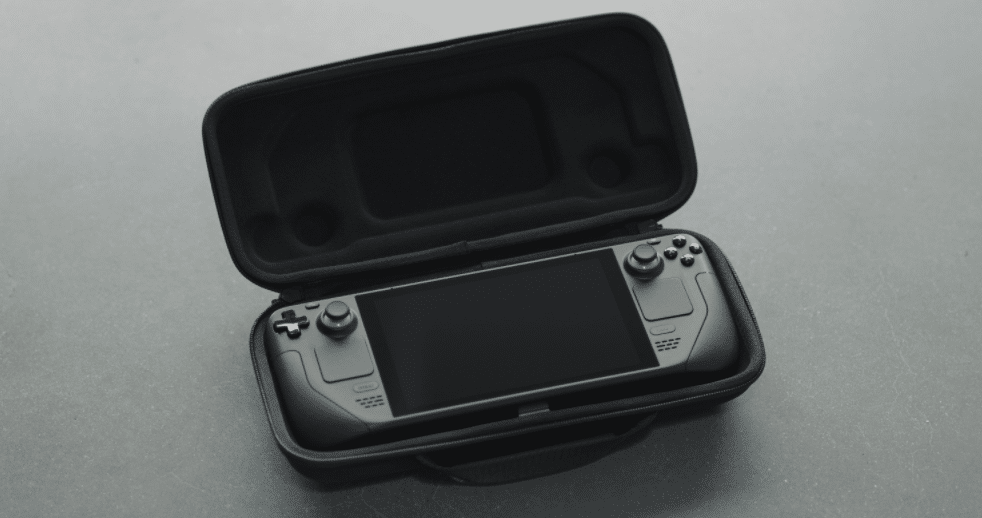Valve has previously expressed a desire to launch an official follow-up to the Steam Deck, with heartier specs and a more ambitious design – likely in competition with newly-released, higher-performing handheld PC gaming rivals, like the Asus ROG Ally. But according to Steam Deck designer Pierre-Loup Griffais, a ‘Steam Deck 2’ is likely still several years away, as the company is looking to make a significant leap with its next model.
“It’s important to us that the Deck offers a fixed performance target for developers, and that the message to customers is simple, where every Deck can play the same games.,” Griffais told The Verge. “As such, changing the performance level is not something we are taking lightly, and we only want to do so when there is a significant enough increase to be had.”
According to Griffais, any change to the Steam Deck must be significant – particularly given that some developers are now creating games with Steam Deck performance in mind. Should specifications change on a whim, game updates will become unwieldy – but keeping a steady base for multiple years will allow a more dramatic shift, with ample preparation on all sides.
Read: Valve is already talking about a new Steam Deck
“We also don’t want more performance to come at a significant cost to power efficiency and battery life,” Griffais said. “I don’t anticipate such a leap to be possible in the next couple of years, but we’re still closely monitoring innovations in architectures and fabrication processes to see where things are going there.”
Since the Steam Deck launched, a range of competitors have entered the market, many of them building on the success of the Steam Deck, and expanding the device’s best features. The Asus ROG Ally is the nearest equivalent, and it sports full, native Windows integration, and slightly stronger processors.
In future, the Steam Deck will likely also have to compete with the Lenovo Legion Go. This device, set to launch in late October 2023, will also sport native Windows integration, hearty processors, and a large screen – and it will also have a jump on its competitors with detachable, Joy-Con-like controllers designed for hybrid play.
With Valve looking to hold off on re-entering the market until 2025 or 2026, this will likely allow the company to take stock of an ever-shifting market landscape, and make meaningful changes to the Steam Deck that will make an impact on those looking to improve their handheld PC gaming experience.
For now, those looking forward to the next iteration of the Steam Deck (or any iteration, given it remains unavailable in many territories around the world), stay tuned for more news as we head towards the far-off future of 2025 or 2026.





